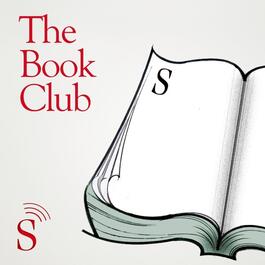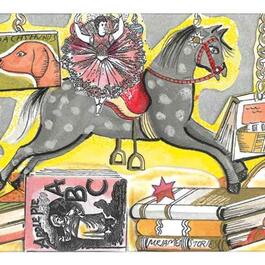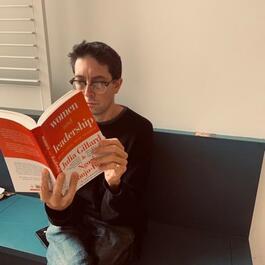
The Book Club
Literary interviews and discussions on the latest releases in the world of publishing, from poetry through to physics. Presented weekly by Sam Leith. Hosted on Acast. See acast.com/privacy for more information.
Show episodes
Sam Leith is joined by Philip Hensher to pick over their books of the year. Become a Spectator subscriber today to access this podcast without adverts. Go to spectator.co.uk/adfree to find out more. For more Spectator podcasts, go to spectator.co.uk/podcasts Contact us: podcast@spectator.co.uk Hosted on Acast. See acas
The Spectator’s associate editor Toby Young sits down with master storyteller Bernard Cornwell, author of more than 50 international bestselling novels, including The Last Kingdom and much-loved Sharpe series. They delve into Cornwell’s life and career, discuss the real history behind his riveting tales of war and hero
My guest on this week’s Book Club podcast is Jonathan C. Slaght, whose new book is Tigers Between Empires: The Journey to Save the Siberian Tiger from Extinction. He tells me about these remarkable animals, the remarkable people who studied them, and how their fates have been entwined with the shifting politics of post
My guest in this week’s Book Club podcast is James Geary, talking about the new edition of his classic The World in a Phrase: A Brief History of the Aphorism. He tells me about what separates an aphorism from a proverb, a maxim or a quip; about the long history of the form and his own lifelong infatuation with it; and
On this week’s Book Club podcast I’m joined by debut author Leon Craig to talk about her novel The Decadence – a story of millennial debauchery in a haunted house which uses a knowing patchwork of literary influences from Boccaccio and Shirley Jackson to Martin Amis and Mark Z. Danielewski to make an old form fresh. Sh
Ben Myers joins Sam Leith to discuss his book Jesus Christ Kinski, which he describes as a ‘novel about a film about a performance about Jesus’. Klaus Kinski was one of Germany’s biggest actors of the 20th Century – but he was also one of the most controversial, and Ben questions if he was one of the worst people to ha








